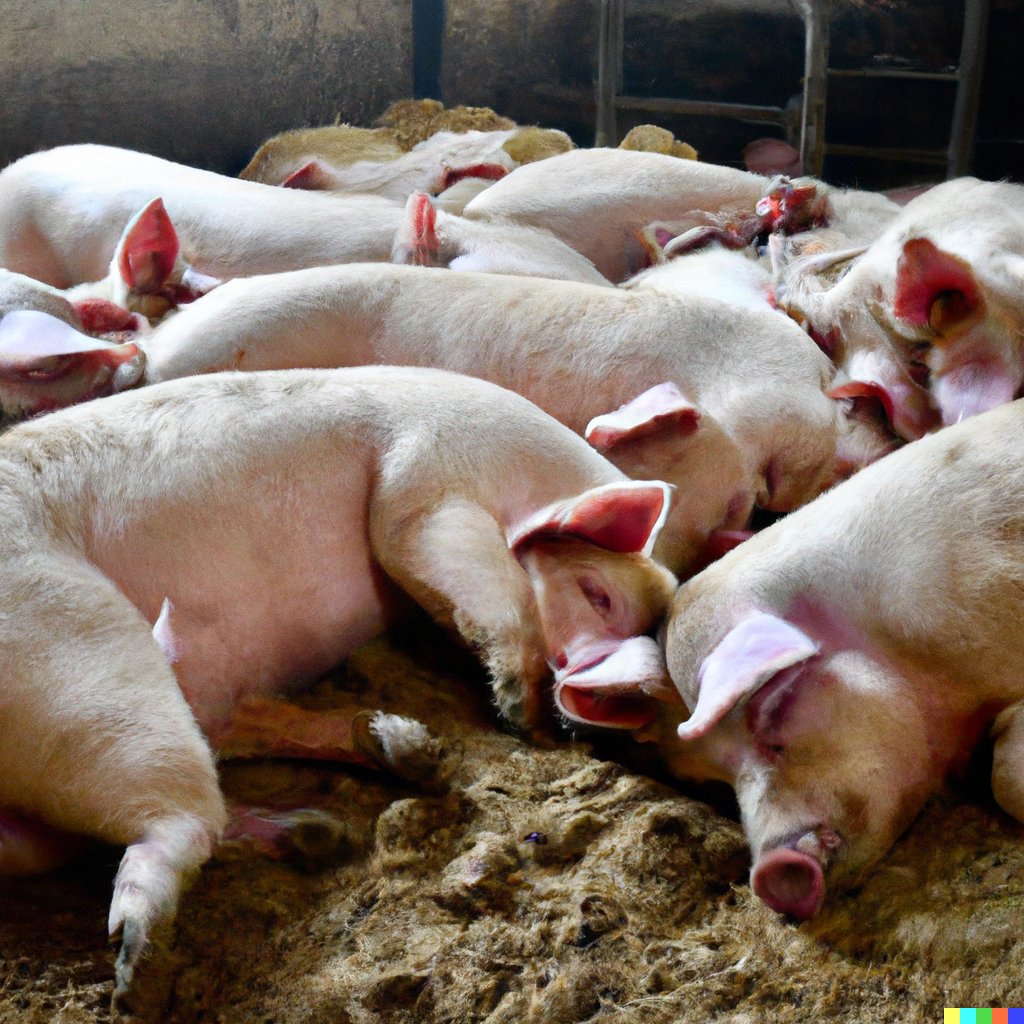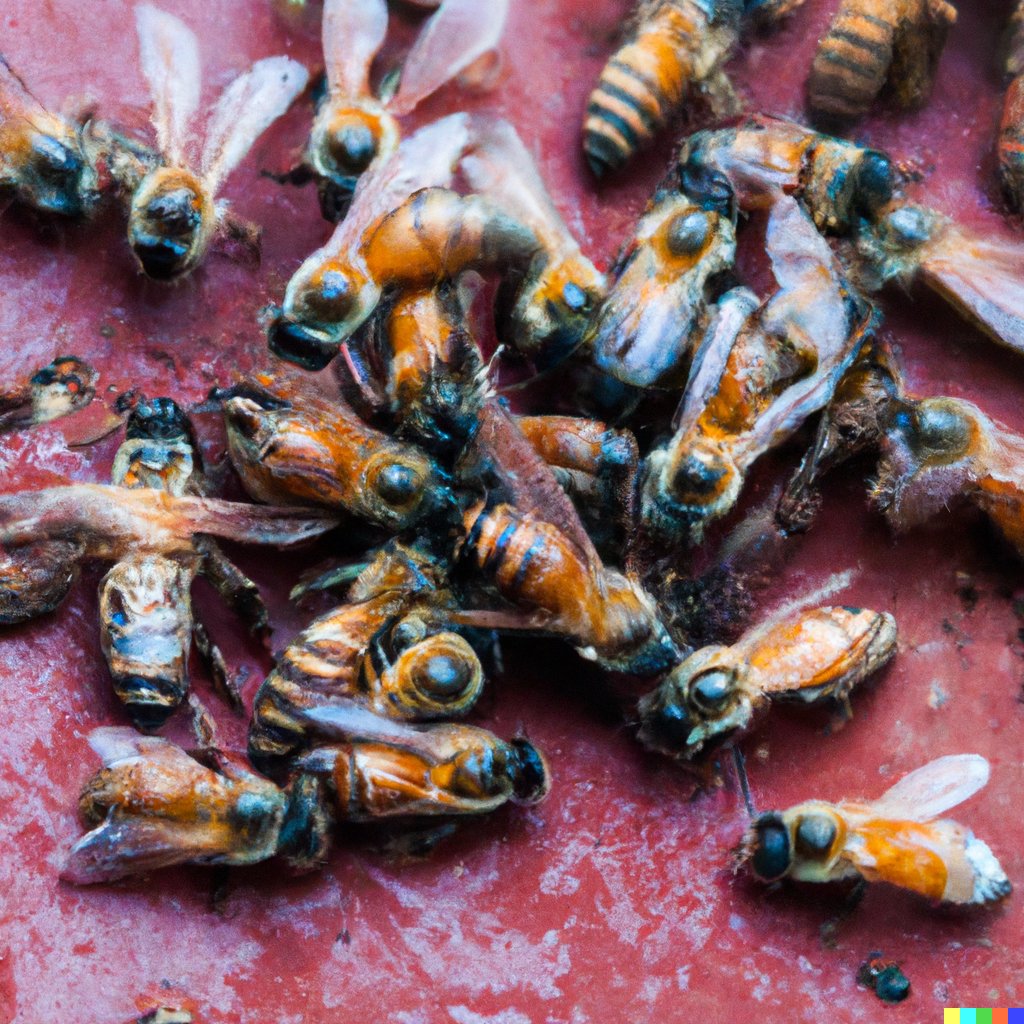
Are you aware of the hidden dangers lurking in your food? Many food chemicals companies use harmful substances that can harm both the environment and your health. In this eye-opening article, we will uncover the truth about these companies and the impact their actions have on our well-being. Buckle up for some shocking revelations!
Artificial Food Colors and Health Risks
Artificial food colorants can potentially be risky for health. Studies indicate that these synthetic dyes used in food can cause hyperactivity in kids and behavior issues. They are also not eco-friendly, polluting water and affecting the aquatic ecosystem. Therefore, it's important to be careful when consuming foods with artificial colors.
Pro Tip: To avoid these, go for natural alternatives, like colors from fruits and vegetables. Preservatives like BHA, BHT, and TBHQ: who needs fresh food when you can preserve it and make it last longer?
Preservatives: BHA, BHT, and TBHQ
BHA, BHT, and TBHQ - yuck, these preservatives are common in processed food. Cancer risk is linked to them, and it doesn't help the environment either. So, when shopping for food, read labels carefully and pick items with no or few preservatives.
Monosodium Glutamate? Avoid it! Your taste buds might love it, but your body won't.
Monosodium Glutamate (MSG) Impact
Monosodium Glutamate (MSG) is a flavor enhancer that has raised concerns about its effects on both health and the environment. To understand its impacts, here is a table:
| Impact | Description |
|---|---|
| Adverse reactions | Headaches, flushing, or sweating may occur after consuming foods with MSG. |
| Overconsumption of processed foods | MSG is often used in processed food, leading to an unhealthy diet. |
| Packaging concerns | MSG products are usually packaged in single-use plastic wrappers, causing waste issues. |
To minimize the impact of Monosodium Glutamate (MSG), we should:
- Educate consumers about potential adverse reactions, so they can make informed choices.
- Promote whole foods as alternatives, reducing reliance on MSG as a flavor enhancer.
- Advocate for sustainable packaging solutions, reducing waste from MSG-containing products.
By following these suggestions, we can address both health and environmental concerns related to MSG.
Artificial Sweeteners: Aspartame and Sucralose
Studies show that consuming artificial sweeteners can lead to obesity, diabetes, and other health issues. It can also change the composition of gut microbiota, which is vital for wellbeing.
Production of aspartame and sucralose includes various chemicals, which can pollute the environment.
A study in Environmental International discovered that sucralose is present worldwide in surface waters. This shows the necessity for better control of these food chemicals to reduce their ecological impact.
High-Fructose Corn Syrup (HFCS) Usage
High Fructose Corn Syrup (HFCS) is often found in processed foods - but its use has large impacts on the environment and human health.
Let's look at the facts:
| Usage | Environmental Effects | Health Effects |
|---|---|---|
| High | Soil degradation from corn monoculture | Linked to obesity and more chronic diseases |
It also hurts biodiversity. So, how can we help? We can reduce our consumption of processed foods with HFCS. We can also encourage sustainable farming practices. Doing this will help save the environment, keep us healthy, and protect biodiversity.
Trans Fats in Processed Foods
Trans Fats, a product of industrial processing found in many processed foods, are linked to heart health risks. They are partially hydrogenated and create dangerous substances that can harm both our bodies and the environment. To eliminate these risks, a recent global phase-out has been initiated.
Consuming Trans Fats in excessive amounts can raise bad cholesterol levels and increase the risk of heart disease. Additionally, the hydrogenation process used to create trans fats also brings about environmental damage, like pollution and ecological harm.
Pro Tip: To avoid consuming trans fats, take a look at nutrition labels for "partially hydrogenated oils" as an ingredient and go for healthier options instead. Genetically Modified Organisms: Who needs organic farms when you can have science experiment salads?
Genetically Modified Organisms (GMOs)
Genetic Manipulation of Organisms (GMOs) is a scientific technique of altering an organism's genetic material to achieve desired traits.
See below to understand the effects of genetic manipulation in organisms:
- Ecosystem impact - Moderate.
- Cross-breeding risks - High.
- Consumer health concerns - Inconclusive.
Observe caution when dealing with GMOs. Potential risks and impacts must be thoroughly evaluated and regulated.
What about surprise ingredients in food? Allergens could take on a whole new meaning in your dinner. Be aware!
Hidden Allergens in Food
Allergen Alert!
Foods with Phthalates in their packaging--now with added toxicity. Who needs it after splurging on takeout? Not your bank account, that's for sure!
Phthalates in Food Packaging
Phthalates are present in food packaging and can pose detrimental health risks due to their hormone-disrupting abilities. It's important to be aware of these chemicals in order to limit exposure.
Check out the table below for more details on different phthalates found in food packaging and their potential health effects:
| Phthalate | Health Effects |
|---|---|
| Di-(2-ethylhexyl) | Hormone disruption, reproductive issues |
| Butyl benzyl | Developmental abnormalities, fertility problems |
| Di-n-butyl | Liver and kidney damage, respiratory difficulties |
| Di-isononyl | Neurodevelopmental disorders, obesity |
It's important to remember that phthalates aren't limited to food packaging. They can also be found in cosmetics and toys. As consumers, we should stay informed about the risks of exposure to these chemicals.
To protect ourselves and the planet from phthalates, it's key to prioritize sustainable alternatives and reduce plastic pollution. By spreading awareness and advocating for safer packaging practices, we can work together to create a healthier future. Don't miss out on the opportunity to take action today! Let's ensure transparency in the food industry - just like a clean plate at a buffet!
Importance of Transparency in Food Industry
Let's dive into the murky depths of artificial food colors! Consumer awareness and sustainable consumption have made ingredient disclosure essential in the food industry. Transparency is the foundation of ethical responsibility and brand trust. Companies can demonstrate their commitment to transparency by highlighting the environmental and health effects of food chemicals. This benefits not only consumers, but also creates a more sustainable and responsible supply chain.
Companies must go beyond mere claims and show concrete evidence of their commitment to transparency. Supporting initiatives such as mandatory labeling and researching safer alternatives can further boost consumer trust. Transparency thus becomes a key part of ethical business practices in the food industry.
Artificial Color Safety: Are artificial food colors safe for consumption, particularly for children?
Growing worries about the safety of artificial food colors, especially for children, is a cause for concern. Here are 5 points to keep in mind:
- Health Risks: Tied to hypersensitivity, allergies and even cancer.
- Children's Vulnerability: Developing bodies and higher consumption rates.
- Regulatory Measures: Countries have limited rules, but lack of full oversight and assessment.
- Alternative Options: Natural food coloring is a safer choice.
- Consumer Awareness: Educate yourself to make informed decisions.
Plus, educating ourselves about other chemicals in food products is essential. This will help protect ourselves and the environment, while supporting sustainable, transparent food companies.
What are food chemicals and why do companies want to hide them?
Food chemicals are substances that are added to food during processing in order to enhance flavor, extend shelf life, or improve texture. Companies often want to hide these chemicals because they may be harmful to human health or the environment.
What are the potential environmental effects of food chemicals?
Food chemicals can have a number of negative impacts on the environment. For example, certain chemicals may contribute to air and water pollution, harm wildlife, and deplete natural resources.
How can food chemicals impact human health?
Food chemicals can have a range of effects on human health, depending on the specific chemical and the level of exposure. Some chemicals may cause allergic reactions, while others may be linked to chronic diseases such as cancer and neurological disorders.
How do food companies hide the use of certain chemicals in their products?
There are a number of ways that food companies may hide the presence of certain chemicals in their products. For example, they may use vague or misleading ingredient labels, or use different names for the same chemical in order to make it more difficult for consumers to identify.
What can consumers do to avoid harmful food chemicals?
Consumers can take steps to reduce their exposure to harmful food chemicals by reading ingredient labels carefully and choosing products with simpler, more natural ingredients. It may also be helpful to research specific chemicals and avoid products that contain them.
Are there any regulations in place to protect consumers from harmful food chemicals?
While there are regulations in place to monitor the use of food chemicals, they may not always be effective in preventing harm. It is important for consumers to stay informed and advocate for stricter regulations and transparency from food companies.
Conclusion:
Awareness of the potential health and environmental impacts of various food chemicals used by companies is crucial for consumers. Understanding the risks associated with artificial food colors, preservatives, MSG, artificial sweeteners, HFCS, trans fats, GMOs, hidden allergens, and phthalates can help consumers make informed decisions. Promoting transparency and sustainable practices in the food industry is key to protecting both individual health and the environment. Consumers have the power to influence change by choosing products from companies that prioritize health, sustainability, and ethical practices.














